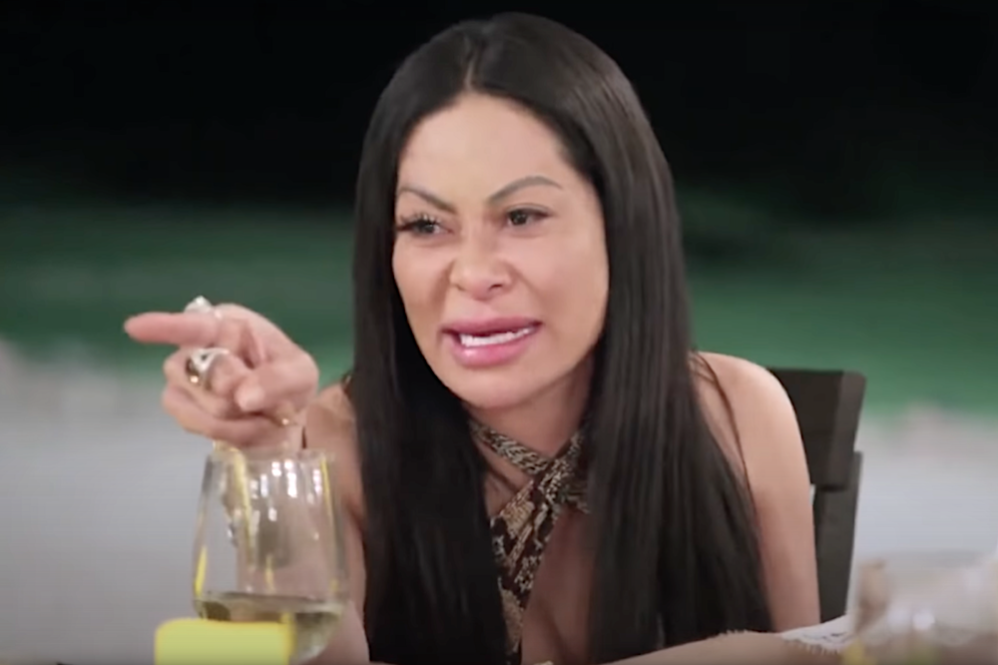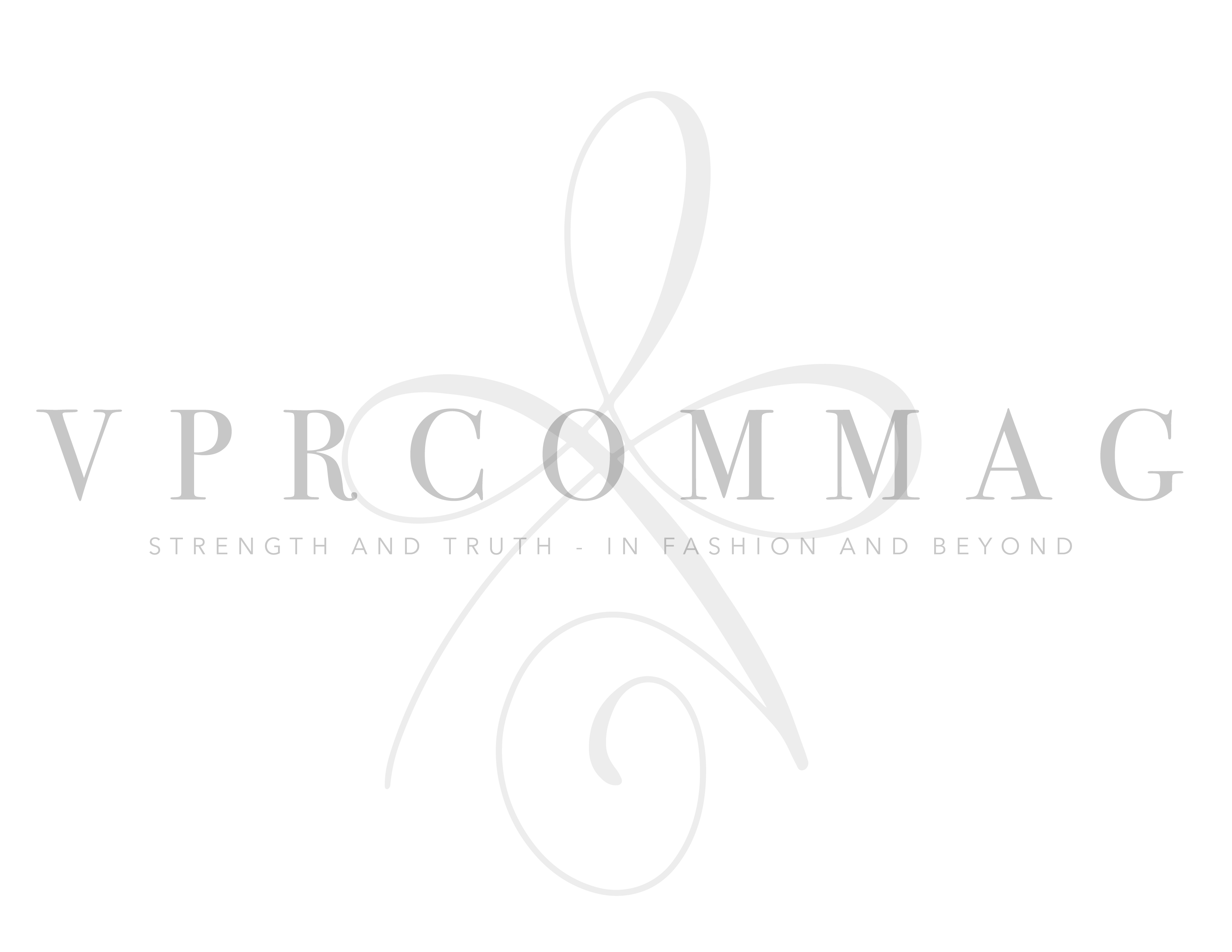The long-awaited return of Bravo’s “Real Housewives of Salt Lake City” underscores the creeping true-crimeification of the network’s popular reality fare. Like this fan-favorite season of the Beverly Hills housewives, RHOSLC promises to document in painful detail the legal drama surrounding one of its stars. It’s great television.

The trend also emphasizes the salience of a major question dogging our pop culture: What is it with women and true crime?
One of the biggest problems with “Only Murders in the Building” is that two of its three main characters are men. In a Spotify article probing “why women are so obsessed with True Crime,” social psychologist Amanda Vicary said, “My research suggests that women are drawn to true crime because of the information they can learn from it, even if they aren’t aware that that may be the reason they are listening!” A Mother Jones article last year noted, “The podcast Wine and Crime reports that women make up 85 percent of its audience, which lines up with a 2018 study that found that 73 percent of true crime podcast listeners are women.”
The conflicts on Bravo are often centered around mysteries: Does Brooks actually have cancer? Did Lisa plant the story? What did Teresa know? Is Aviva really asthmatic? But Jen Shah, Mary Cosby, and Erika Girardi find themselves in the middle of allegations they committed serious crimes, allegations that played out as cameras were rolling. (Erika claims, often convincingly, to have had no knowledge of her husband’s alleged financial crimes.)
In the case of Shah, RHOSLC’s second season premiere starts out with a flash-forward to the day of her arrest, promising a season thick with drama and intrigue. The episode then allows Shah to display her riches, seemingly unaware or unconcerned with the optics and legal implications. For viewers, most of whom are likely female, the unsolved mysteries gives each episode an added layer of immediacy and a sense of higher stakes as they scan cast members’ behavior for clues and evidence.
Shah, according to the indictment against her and her assistant, “allegedly generated and sold ‘lead lists’ of innocent individuals for other members of their scheme to repeatedly scam.” None of her aggressively luxurious lifestyle adds up, something the producers subtly emphasize throughout the premiere episode. Even subtly, she’s an incredible character.
The allegations against Cosby, stemming from former members of the church she oversees, are equally if not more compelling. “All the rumors are that Mary is a cult leader,” says one of the women.
I always think of the “Housewives” as docuseries as much as reality series (the good franchises, at least). They’re incredible commentaries on American decadence, and incredibly funny too. True crime, then, makes for a seamless genre merger.
It should also be a wake-up call to the network and its super fans that reality television is about antiheroes. Viewers don’t need them to be protagonists and social justice activists; they need them to be authentic and interesting and that’s just fine. By bringing Shah and Cosby back to the series, Bravo seems to concede this — at least when the crime isn’t political incorrectness. It’s also always worth reiterating that it’s fine for TV stars to be bad people so long as their platforms serve as commentaries on their immorality, which is exactly what Bravo does.
This season of “Real Housewives of Beverly Hills” is riveting wherever you stand on Girardi’s innocence. With two accused criminals, one currently battling charges, RHOSLC is off to an enormously promising start. We’re all wondering exactly how guilty Shah is, but another question to ponder is why are women currently so hooked on true crime? Bravo is bringing us closer to an answer.
Original article via Emily Jashinsky, culture editor at The Federalist.
